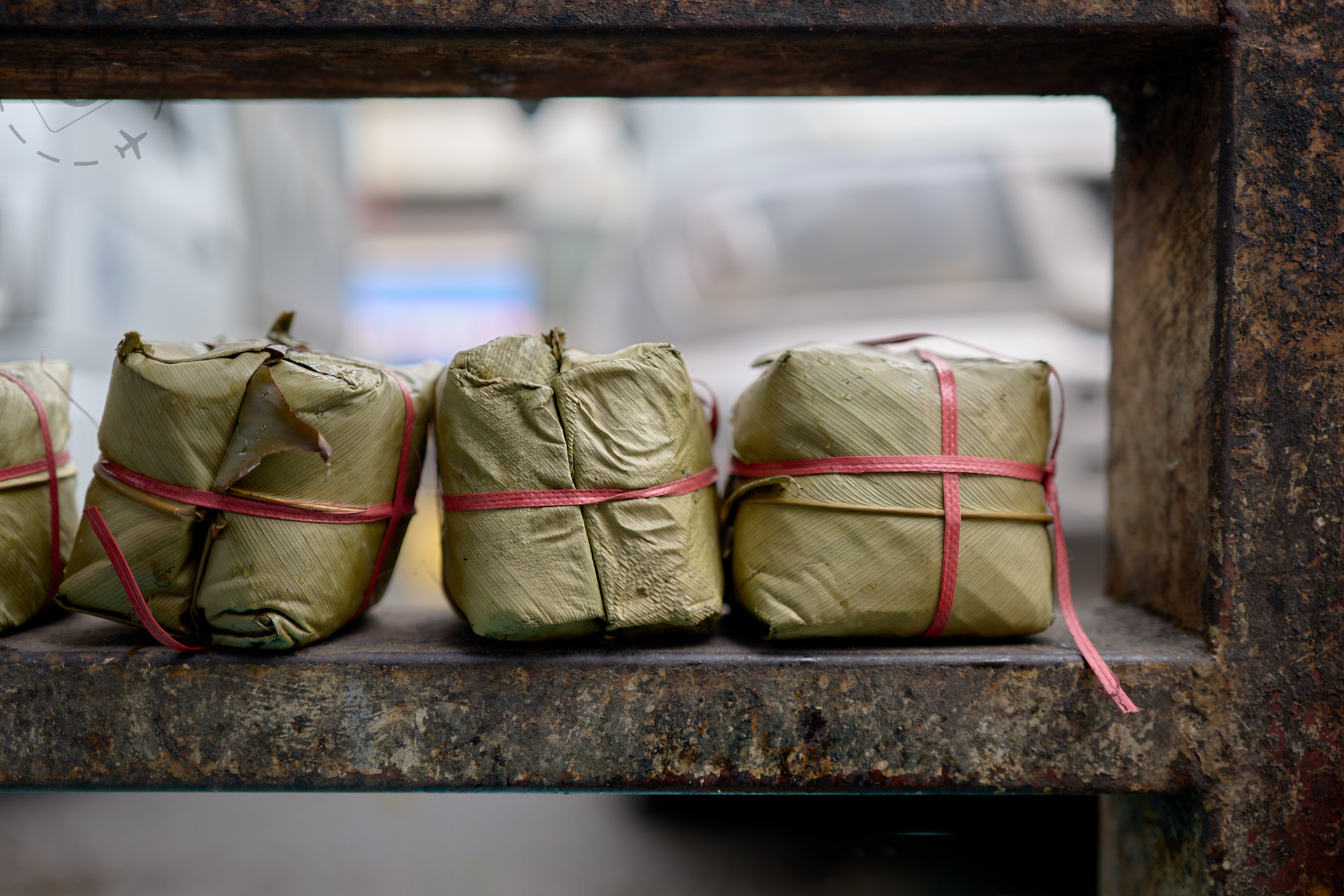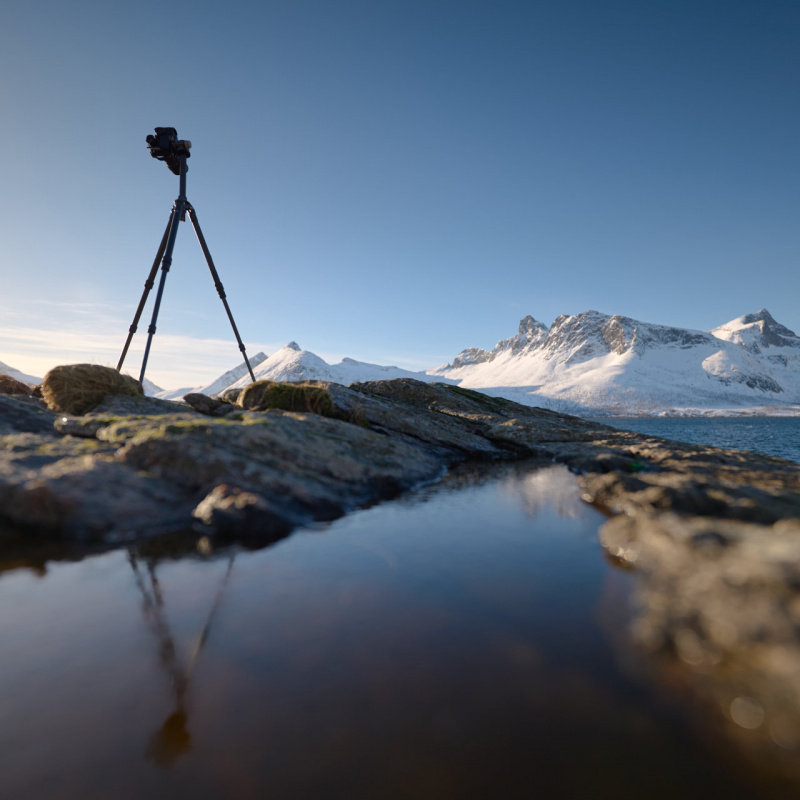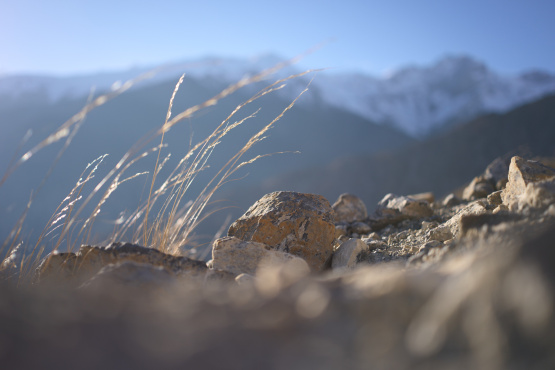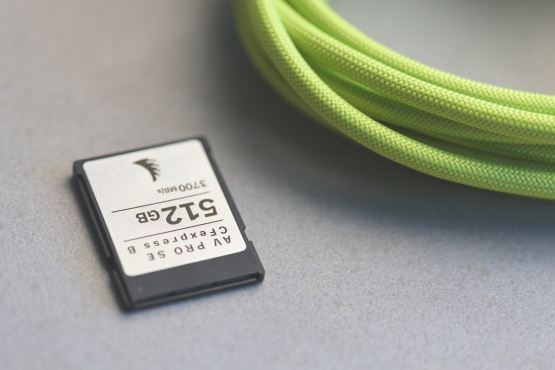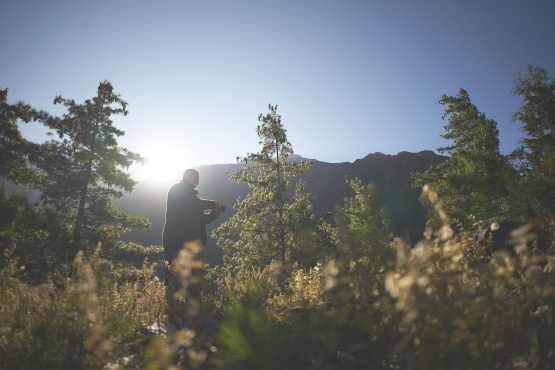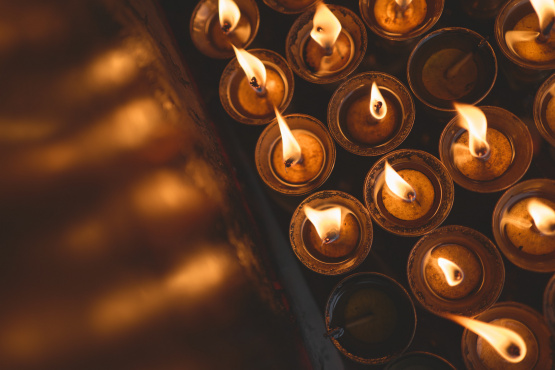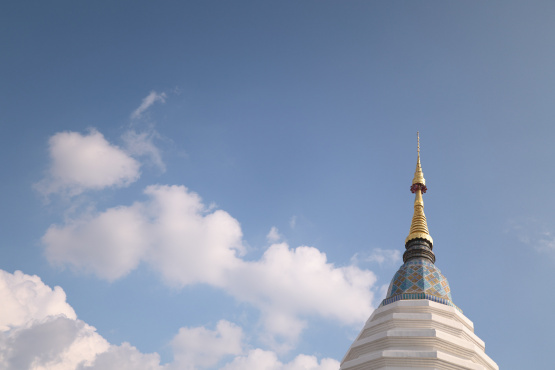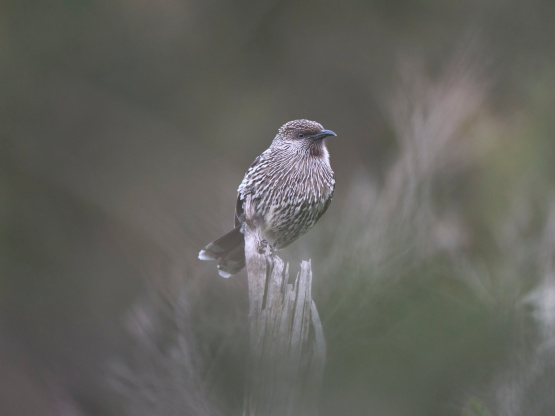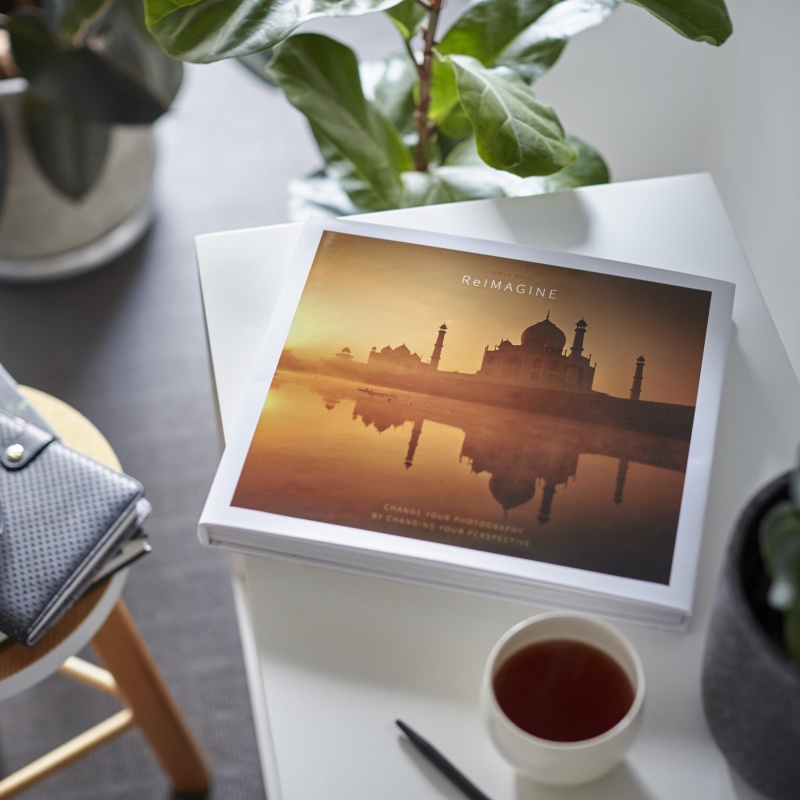As a kid I used to watch David Attenborough on the television. He’d be hiking through a jungle somewhere in Sumatra, sweat beading off his face, in search of exotic plants and animals. One episode he landed by helicopter onto a remote ridge-line, then descends deeper into the canopy until finally arriving at the site of a giant rafflesia flower. For a young and impressionable mind, he seemed like a god.
Not long after turning 30 years old I found myself hiking through a similar forest in Borneo, also in search of a rafflesia flower. Leeches dug into my feet, rain showers bombed the forest every half hour, and there was no film crew to document the moment when I first caught sight of the exotic fungal eruption. My rafflesia was a smaller species than David Attenborough's, but the weight of moment was the same. That was the moment I realised I was turning a childhood dream into a reality. I was a photographer.
It’s been 20 years since that jaunt in the jungle. There have been many more leeches since. And mosquitos, which are far worse in my view. It’s been twenty years of shooting for publications and tourist boards and eking out a living in the travel world. I can call myself a photographer because I continue to find people willing to pay for my work. The mix of clients changes from year to year though, with a heavy leaning to commercial clients these days and a lot less publications. There’s simply fewer about, plus I no longer permit myself to take money from Rupert Murdoch.
I liked seeing the photos turn up in magazines. It was always a buzz to count how many of my Tourism Australia shots would appear in the Qantas magazine. Or to pick up a copy of Get Lost or Nat Geo and see a story I shot. The magazine stuff simply hasn’t bounced back post-covid, not in the way it was before.
Very very occasionally I've also participated in exhibitions, which is an act of bravery for most photographers. They consume both time and money and tend to reach a very specific audience. I’ve never had the mindset to sell photos as gallery prints, so for me an exhibition is about bringing awareness to an issue. Photography as art can engage with people who otherwise might never have the chance to step into that world. The most rewarding exhibition I've held was to raise money for tsunami victims in Sri lanka. I had a lot of support from a wonderful PR agency and for one shining moment in time we did a lot of good.
In recent years I’ve seen some amazing exhibitions that exist purely in their own right, as collections of beautiful prints that connect to the natural world. Prints you would want to have on the wall, if you had enough walls. I live in a small apartment that is mostly glass and shelving – so we decorate with plants instead of pictures!
But seeing exhibitions by Leila Jeffreys, Murray Fredericks or Kara Rosenlund really tugs at something deep inside of me. Nothing quite makes you feel like a photographer like walking into a room and seeing giant prints of your work on the wall. You enter a space that is dedicated to your vision, and then you get to watch other people enter that space and react to those images. There’s simply nothing quite like it.
Social media is where most of my photography lives now, and that’s not the same. It really really isn’t. Social media is not merely transient and short lived, but it’s small. So very very small. The screens are small and the moment is brief. A lifetime is counted in seconds instead of years. Worse still, the algorithms have decreed that we are not allowed to contemplatively enjoy the pleasure of photography anymore, because we must subject ourselves to near constant visual assaults from video. I do not care for this.
Video on social media is yelling at you for attention. Photos on the other hand simply invite you in for a cup of tea and a biscuit. Sitting with a photo is a chance to pause and contemplate an idea, or recall your own experience that connects to that image. It’s reflective and expansive at the same time. You take a photo at your own pace. Video, in comparison, tries to consume your attention. Especially edited video. Fast edits. Loud edits. No time to absorb. Next video and the next and the next. It's aggressive and oppresive.
The other problem with social media is the scale of it. With millions of humans out and about snapping “content” on their phones the volume of images being thrown at your brain is immense. It changes the value of what a photo is. Somewhere amongst those millions of posts every second will be some gems, where the camera was pointed in the right direction at the right moment. Those few images are the ones the algorithm pushes out, while all others are relegated to obscurity. As a photographer, you are now competing with millions of people. When you combine the issues of "scale + algorithms" the net result is that many photographers will start to change their own creative focus to align with social media dictums, instead of aligning with themselves. This is the slipperiest of slopes.
Before the internet there were skilled curators and photo editors who became the gatekeepers of photography. They were the ones who decided what was valuable and what was not. You could have a conversation with such people, and maybe over time contribute to pushing photography forward into new directions. It feels like we’ve moved away from an evolution of the art-form and instead we are devolving into a self-looping spiral. What I see on social media feels increasingly meaningless. It’s short lived, highly commercialised and for the most part meaningless. Very unsatisfying as both creator and observer.
I remember sitting around a table with a bunch of older photographers, about a decade ago, as they took turns to lament the demise of film. Digital technology in cameras was removing their ability to make easy money. In the “good old days” they could charge $10K for a week of shooting, and turn in a dozen trannies to the client. Happy days. I don’t think digital cameras was the problem though, because the new technology also made it possible for photographers to take better photos. All boats rise with the tide.
Digital consumption however, that does change the game. There’s never been more demand for high quality photography than there is now, but what does it mean to be a photographer in a world where images have such a short life span? We spend so much effort capturing the perfect moment, as though somehow through the magic of photography that moment can last forever... And yet how much of what we capture will ever exist beyond a momentary flirt with a touch-screen? The client posts an image and 24 hours later it may as well not exist. Digital consumption is the ultimate expression of a society built on disposability instead of sustainability.
For me there’s also the challenge of balancing commercial and creative. Too much of my photography has been for clients instead of myself. That’s the problem with making a living instead of making art. The two do not always intersect.
I cast a jealous eye to those artists who are building collections to exhibit, because they still live in a world where a photo lives for longer than a day. That kind of slow and dedicated work is so satisfying, like reading a book and watching the arc of a story unfold to completion. I’ve never had a head for “selling prints” though. I see the people at Queen Victoria Market selling prints of Melbourne, with dozens and dozens of copies in various sizes, and I just don’t get it. I don’t get who would want to buy that. Or the old-school landscape dudes who are still selling “limited edition prints” of a sunset or a waterfall. It feels like there was a trend in the 90s towards glossy photos in hotel lobbies but that's really not what I envisage for my own interior decorating.
My father was a painter, and so was my grandfather on my mother’s side. Neither of them were ever gonna make Father of the Year, but they could at least paint. I grew up in a house that was more like a gallery than a home. Some walls had battens instead of plaster, to make it easy to swap out picture hooks at various heights. Nothing was permanent on the walls, like visiting collections on loan from another gallery.
A single oil painting might take weeks or months to finish. My father had a collection of photographic slides from various places he had travelled, so he’d project the slide onto a wall to guide his composition with the paint. What I liked about oil paintings was the ability for a scene to emerge above those little streaks of colour, and similarly for those little flirts of colour to somehow disappear in plain sight when taking in the whole picture. Up close all you saw was smears and globs, but standing back the emotive power of an artist comes to life.
Most landscape photography is simply “too literal” for my tastes. There’s surprisingly little art in the process. I realise there are entire communities who will despise me saying this, but please don’t take it personally. I grew up with shellac and oils – I simply have a different aesthetic to the vast majority of landscape photographers. I like a little mystery. I like the rough edges. I like imperfections and a healthy dose of raw honesty. Landscape photography is like a manicured poodle – all bark and very little bite.
It’s one of the reasons I love shallow depth of field so much, even for landscapes. Bokeh gives us a hint at the lens underlying a photograph, in the same way the palette knife is revealed in the ridge of an oil smear. Bokeh gives a photographer room to mask what isn’t important, while bringing the focus to what is. So it matters very much what the photographer wants you to see in the photo. It’s that very intention of the photographer that makes a photo valuable to me. What are they trying to tell me?
When I ask myself the question “What is a photographer these days” the answer lies in what the photographer has to say. When Leila Jeffrey takes a parrot and turns it onto a 60” high portrait, she’s saying something very profound about how we need to respect and care for our wildlife. She’s saying these creatures are worthy of our attention, and her time. If you put months or years of your effort to photographing a subject then you must have something worthy to say about it, right?
So much of digital photography is seen as instant, which is a problem. People don't want to process RAW files anymore, instead they want to apply a treatment in camera and just spit out the results. They're using machine-learning tools to select photos from a folder even, and more machine-learning to quickly clone out things they don't like. Speed is the goal, not depth.
I don’t want fast photography, I want depth and meaning. That was my initial attraction to social media in it’s early forms; seeing the little details in the lives of people you cared about. A picture of their morning coffee in the park was meaningful, because it’s THEIR morning coffee and it might also signify, for example, that they’re out of hospital and on the mend. It’s the story behind the image that makes it special. I don’t want my feed to fill up with 100 pictures of coffee just because I hit LIKE on one of them. I want to see the photos that reveal my friend is doing better.
So what is a photographer? My answer is simple, it’s someone who has something to say. Which is the beauty of working on a significant project such as a book or an exhibition. You're not just curating a set of images, you're giving your voice a chance to be heard and devoting time to what exactly you want to say. That's why sharing your work is so important, because that's when the conversation begins.

Keep Reading
Join Ewen's newsletter for monthly updates on new photography articles and tour offers...Subscribe Here
